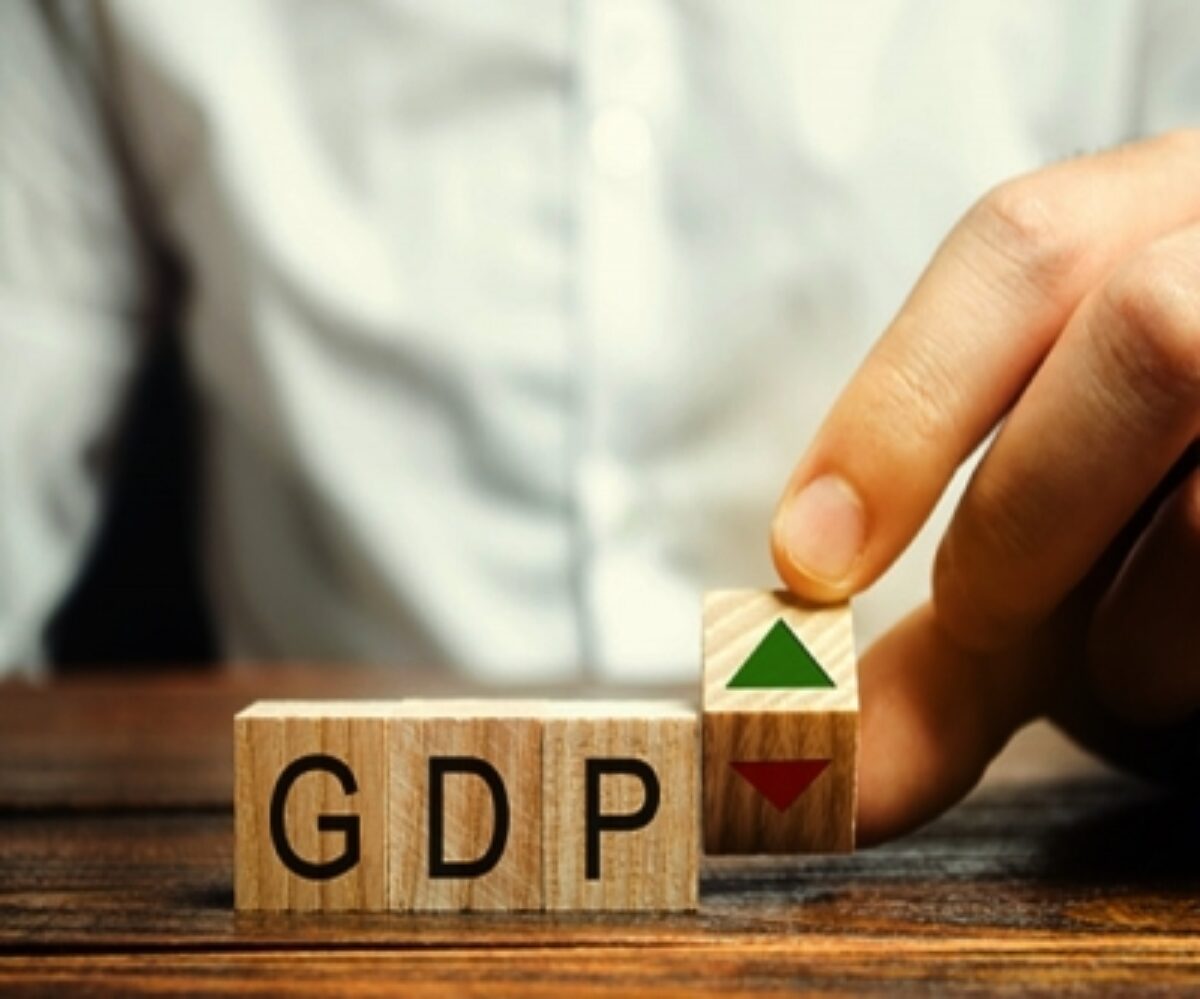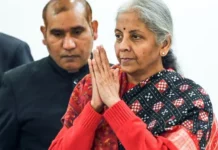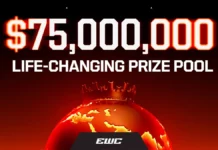NEW DELHI: The Covid-19 induced turmoil showed weakness as well as resilience of Indias economy in 2020, as the country’s GDP recorded abysmal fall and breathtaking recovery. The economy, which faced a severe slowdown prior to the pandemic, was decimated due to the lockdown imposed to curb the pandemic’s spread. Accordingly, the country’s GDP contracted by more than 23 per cent in Q1FY21.
Nonetheless, slow tapering of mobility and lockdown restrictions along with pent up demand narrowed this contraction to under 10 per cent in Q2FY21. Consequently, the country entered into a technical recession. Nevertheless, festive season, pent up demand and rise in discretionary spending coupled with massive liquidity and government stimulus triggered one the fastest recovery pattern seen anywhere in the world.
Some economy watchers described the phenomenon as a ‘V’ shaped recovery, whereas, others pointed it out as ‘U’ formation for the restoration of economic normalcy. All in all, sector after sector reported sequential growth with many crossing the year on year sales and production levels.
Besides, various factors such as a low base, restocking and higher discretionary spends were cited for the heightened economic activity which was led by agriculture, electricity and the manufacturing sectors.
Even though cheaper interest rates helped in spurring consumption, other vitals such as lower oil prices, lesser imports and an accelerated pick up of agricultural and pharma exports added positivity to the economic scene.
After a healthy monsoon, the country’s festive season coupled with ‘unlock’ measures opened the floodgates for retail, wholesale and restocking, thereby, moving the wheels of economic revival. Furthermore, stock markets boomed, as macro-economic data and better-than-expected quarterly results attracted FIIs with prospects of a return, something that has been missing in other asset classes throughout the year.
“A tentative recovery in volumes is underway, which is being counteracted by rising raw material prices and to a smaller extent employee costs. We expect the recovery to continue, albeit with a mild contraction in Q3 followed by a muted growth in Q4,” said Aditi Nayar, Principal Economist, ICRA.
On a sector specific basis, while agriculture and allied industries pushed the economy forward, manufacturing too came out of its doldrums even though it has dipped slightly ever since.
However, the service sector’s contribution was lacking in giving a real push to the GDP. Now with hopes of a mass immunisation programme armed with a high efficacy backed vaccine, front and back end services are expected to bounce back. “The next leg of sequential recovery may emerge from services which has been a laggard so far, while government spending may also improve at the margin,” Emkay Global’s Lead Economist Madhavi Arora said.
“We see FY21 growth at (-)7.1 per cent with a mild downward bias. We reckon while 2HFY21 will see further pick up, sustaining sequential growth momentum beyond that will require easing domestic structural overhang, continued innovative policy support and better global backdrop,” she added. Apart from the government spending or the private final consumption, it was savings backed discretionary spends of common households that came in as a saviour for the economy.
“We believe that the accumulated savings of particularly the Indian salaried class over the last 7-8 months due to limited expenses on travel and entertainment will get partly diverted to the purchase of vehicles and consumer durables,” Acuite Ratings & Research Chief Analytical Officer Suman Chowdhury said.
“This is already reflected in the uptick in the demand of these products. The pent up demand and the availability of higher savings, therefore is expected to drive consumption demand over the next 1-2 quarters,” Chowdhury added.
Other than stimulus, the Centre’s structural reforms, focus on the manufacturing sector and inflow of FDI into the country are likely to hasten the pace of economic recovery.
According to Brickwork Ratings’ Chief Economic Adviser M. Govinda Rao: “The economy will continue to recover as restrictions are relaxed and capacity utilisation improves. It is important to undertake structural reforms to accelerate the pace of investment in order to reclaim a high growth trajectory.”
In addition, experts cited India Inc’s massive shift to e-com, acceptance of higher safety standards and inculcation of efficiency boosting measures as other notable trends during this historic period.







